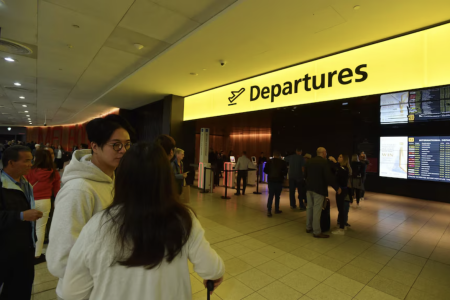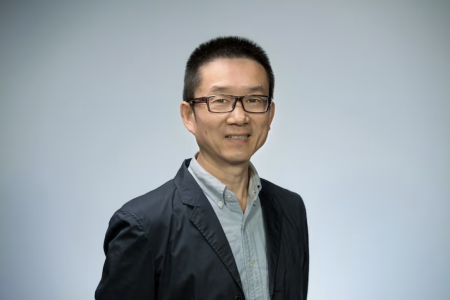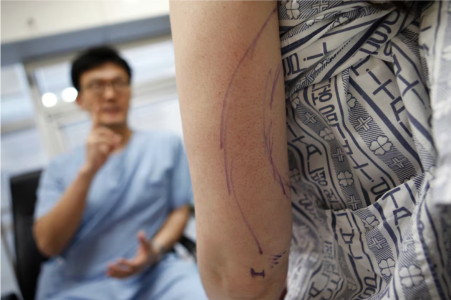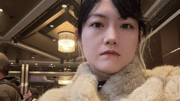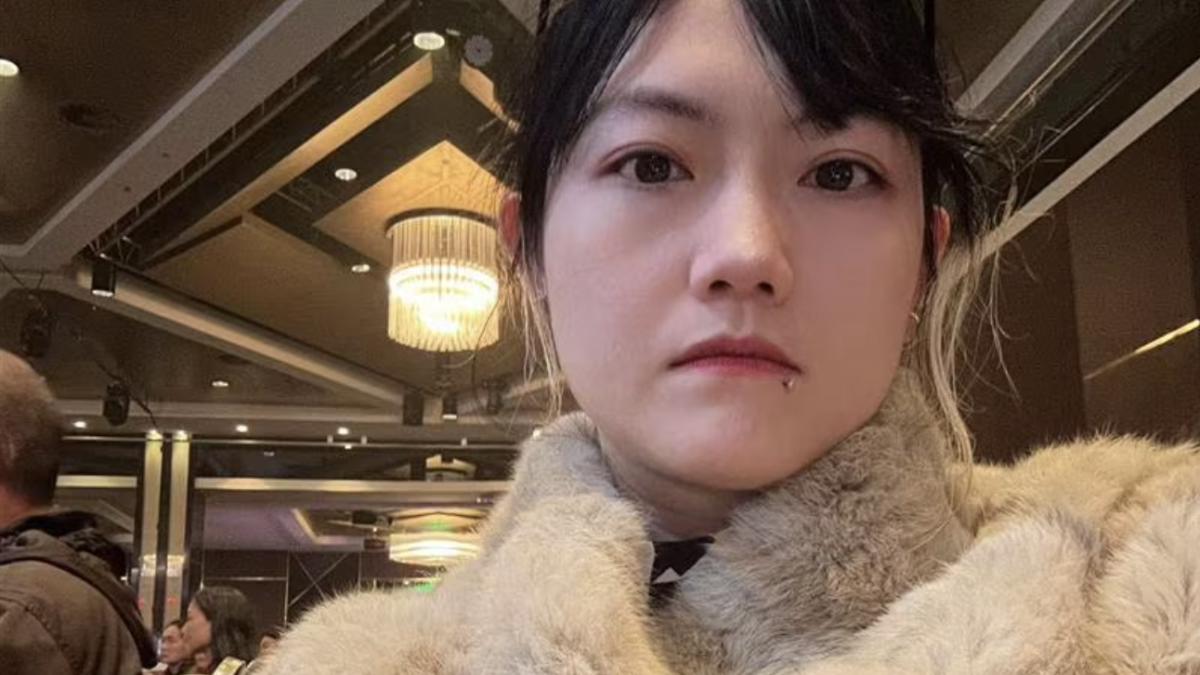
Miko Li has lived in Sydney for over a decade, but when her general practitioner told her she needed surgery to remove a benign tumour on her shoulder, she decided to fly to China.
Ms Li made the decision after she was told it would be months before she could have elective surgery on the lipoma in an Australian public hospital.
Without private health insurance, it would have cost her thousands of dollars to have the operation at a private hospital.
"I live alone in Sydney and never had a surgery in my life, so I thought it's better having the surgery with my family around," Ms Li added.
The 35-year-old, who doesn't travel to China often, said getting the operation there was simple.
"I headed to the hospital right away after I got off the plane," she said.
"After some checks with the doctor, they arranged a surgery for me the following week."
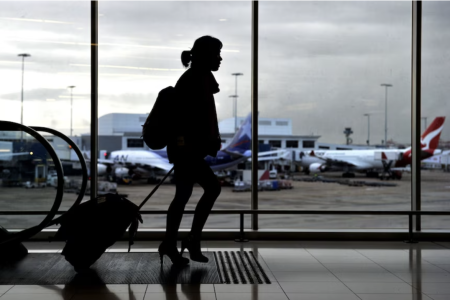
Six months since that operation at the hospital in Hangzhou city, Ms Li said she was glad she got medical treatment in China.
"It was quick," she said.
"It cost me less than 5,000 yuan ($1,067) to do the surgery."
Wait times for non-urgent elective surgeries in Australia is one of the main reasons people from the Chinese and Taiwanese diaspora in Australia are choosing to return to their home countries for medical treatment.
Around 15,000 Australians travel overseas for healthcare or medical services every year, according to the Victorian government's Better Health website.
However, multiple medical peak bodies in Australia warn against medical tourism for a long list of reasons, including possible lower quality of care and cost blow-outs if something goes wrong overseas.
"Our quality assurance and accreditation systems are designed to keep Australian healthcare safe — for medical tourists, the risk falls to you as an individual," said Professor Mark Morgan from the Royal Australian College of General Practitioners.
'Freeing up resources'
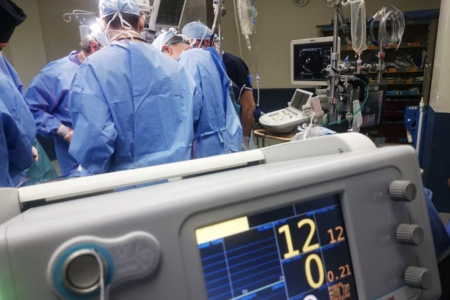
When Taiwanese Australian Domka Wang found out she needed surgery to remove a benign tumour in her uterus, she initially wanted to have the surgery in Adelaide, where she lives.
Ms Wang was told she would have to wait for about a year for the operation to get rid of the painful teratoma.
"It's annoying," she said. "The bleeding and cramps come and go but the doctor said it was not urgent, so I had to wait."
Instead, Ms Wang travelled to Taiwan for the surgery.
Her pre-surgery tests were done in one day and she underwent the operation at a public hospital three weeks after she arrived in Taipei.
The surgery cost her $3,000, which was more expensive than having it at a public hospital in Australia but cheaper than having it done here privately, she said.
La Trobe University's China Health Program director Professor Liu Chaojie, said travelling overseas for elective surgery could have benefits, "as long as the quality and safety" of the operation could be trusted.
"In fact, you're contributing to the system because you're freeing up resources, allowing Australia's medical resources to better serve more urgent and critical cases," he said.
Professor Liu said there were fewer doctors per person in China than in Australia, but the health system was more streamlined.
In China and Taiwan, people don't need a GP referral to see a specialist like in Australia, so people can go to hospitals to get treated for any sickness or medical issue.
"In mainland China, there is no queuing system. So as long as you pay, you will be treated quickly," he said.
One hospital in China performed 400,000 surgeries in 2023, according to Chinese health think tank Vistamed.
Cost also a barrier
Diaspora community members are also opting to access dental healthcare in China.
Lily, who requested to only use her first name to protect her privacy, is a nurse living in Sydney.
She said her dentist in Australia originally suggested replacing four teeth — a "traumatic" prospect that would have cost thousands of dollars.
Lily decided to get a second opinion in China, where a dentist recommended only replacing one tooth.
She ended up spending $2,000 on a dental implant and a gum graft to fix an issue remaining from when she got braces as a teenager — a fraction of what she would have had to pay in Australia.
Lily said she initially had some concerns about seeing a dentist in China, because of the country's new drug procurement plan, which prioritises cheaper drugs.
She said medical devices could also be lower quality compared with similar products in Australia.
"I was worried, but then I saw how [the dentists and nurses] prepared the equipment and [they gave] some assurance," she said.
The Australian Dental Association has previously flagged concerns about dental tourism, including the use of poor-quality materials but also over-servicing.
Cost was also a barrier to accessing medical treatment in Australia for Melbourne resident Emma Chen.
Ms Chen wanted laser eye surgery to treat myopia so she could stop wearing glasses.
Last year, Ms Chen's optometrist in Melbourne advised her against getting the treatment because she also had dry eye syndrome.
She wanted to see an ophthalmologist, a doctor who specialised in eye and vision care, in Australia for further advice but it was too expensive.
On a visit to China to see family and friends, Ms Chen sought an opinion from an ophthalmologist there, who told her she could have laser treatment on her eyes.
"It [the surgery] only took like 10 seconds," she said.
Ms Chen said she was happy that she could see clearly without glasses and did not have any complications after the surgery.
Health test packages pros and cons
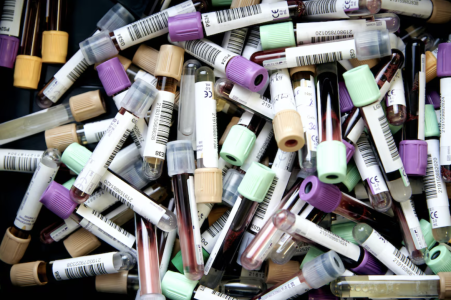
Unlike the individualised health test system in Australia, in both China and Taiwan, patients can access comprehensive health screening packages.
For Ms Wang, who had the tumour removed in Taiwan, this included a raft of tests like blood samples, X-rays, an ultrasound and urine and stool tests.
Ms Wang said she completed the checks in Taiwan in one day.
In comparison, she said she found the process of getting multiple tests, combined with the long wait for surgery in Australia, complicated and upsetting.
"Even for an ultrasound, you had to wait," she said.
"So, you first went to see the GP, waited for an ultrasound and after the ultrasound, you went back to the GP. And if that's not clear enough, you might have to book for another test."
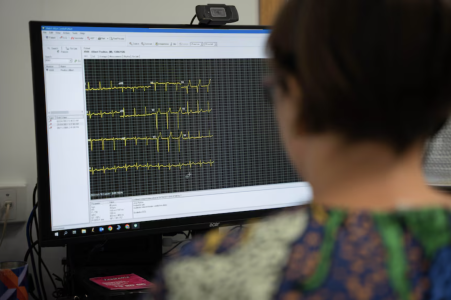
Ms Li and Lily also paid for comprehensive health package tests in China.
They both said they liked that all the tests and results were done within hours but had some concerns with the system.
Lily said the phlebotomist who took her blood samples was skilled, but she experienced some pain with another test.
"I tried to chat to them but they had no interest in talking back to me. They were probably too busy. And it felt like they didn't care about my feelings," she added.
Ms Li said she felt like it was "a factory production line and I'm the meat on the chopping block".
Professor Liu said the Australian health check system is completely different to China's system.
"It is not necessarily beneficial to conduct examinations for everything," he said.
"Both examinations and treatments have positive and negative effects. It is not the case that all examinations and treatments are free of adverse reactions."
Professor Morgan agreed that getting more tests was not always beneficial.
"There is a cost to someone for every test — and an environmental cost — so [it's important to start] with simple tests to investigate likely causes and rule out important or dangerous ones," he said.
Professor Morgan conceded there were delays, inconveniences and "clunkiness" in Australia's system.
However, he said the GP's role in coordinating and explaining treatments to patients, and helping them access appropriate care had produced great results.
"GPs help interpret tests and share decisions about subsequent tests," he added.
Written by: Iris Zhao, ABC News.

